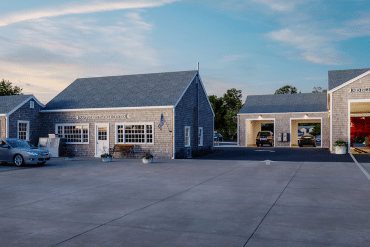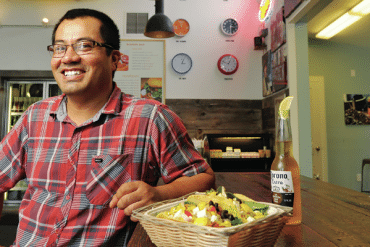 Mikhail Gorbachev came into my office alone. He was not as big as I thought. Shaking his hand, I instinctively walked him over to the prominent window that looked out on the long expanse of the west lawn of the US Capitol and stretched seemingly forever down the mall. It was a somber and reflective time, as Gorbachev had come not to specifically see me, then Majority Leader of the Sen- ate, but rather to pay his respects on that June 10, 2004 day to the Reagan family, and attend the lying in state following the death of President Ronald Reagan five days earlier.
Mikhail Gorbachev came into my office alone. He was not as big as I thought. Shaking his hand, I instinctively walked him over to the prominent window that looked out on the long expanse of the west lawn of the US Capitol and stretched seemingly forever down the mall. It was a somber and reflective time, as Gorbachev had come not to specifically see me, then Majority Leader of the Sen- ate, but rather to pay his respects on that June 10, 2004 day to the Reagan family, and attend the lying in state following the death of President Ronald Reagan five days earlier.
We stood side by side, taking in that linear view down the mall that goes on for two miles, which includes first the simple yet towering Washington Monument, and then, far beyond in the same line of sight, solidly grounded the Lincoln Memorial. I commented, wondering what he was thinking as he peered so intently, that this is one of the most precious and symbolic views in Washington, honoring two inspirational presidents who stood for freedom and democracy.
“History will record Ronald Reagan in a similar way,” I predicted. “In large part because of your personal relationship established at your many summits,” referring to the disarmament summits, which led to the end of the Cold War, and ultimately to the collapse of the Soviet Union. He said almost wistfully, “Yes, this view represents freedom in its purest sense.”
That he was there to await his appointed time later that afternoon to view the casket lying in state twenty yards from my office meant that, unlike the more official head of state meetings I had in the of- fice where there were always an underlying agenda and formalities at hand, we had plenty of time to just talk. He spoke about his special relationship with Reagan and his deep admiration and respect for Margaret Thatcher (who ironically had spent three hours just the day before in the same office, most of that time in conversation not with me or other senators passing through but with my teenage sons and their high school friends who also were waiting in the office).
But what he talked most about was the earlier years, where his main goal was to pull the Soviet Union out of the economic doldrums and stagnation of the time. It was that goal, he told me, that motivated his revolutionary commitment to widespread social and political reforms. Without freedom of speech, including toleration of some harsh criticism of his own government, and some degree of independence of business and private ownership, he said he realized he would never be able to accomplish economic prosperity and growth. He advocated social and political reform not so much for the sake of principle as for the sake of specifically achieving his goal of improv- ing the economy.
Those hours were special. It gave me a glimpse into the heart of a man who singlehandedly altered the course of history. I had that opportunity because I happened to be Majority Leader at the unique historical time of the passing of another great leader.But because of the foresight of the Nantucket Project leadership, I will have that chance once again, along with all the participants who attend the Nantucket Project here on the island in just a few weeks. If it is anything like my last interaction with him, it will be a relaxed and intimate conversation that forever will be remembered on the principles that surround freedom and the dignity of mankind.




